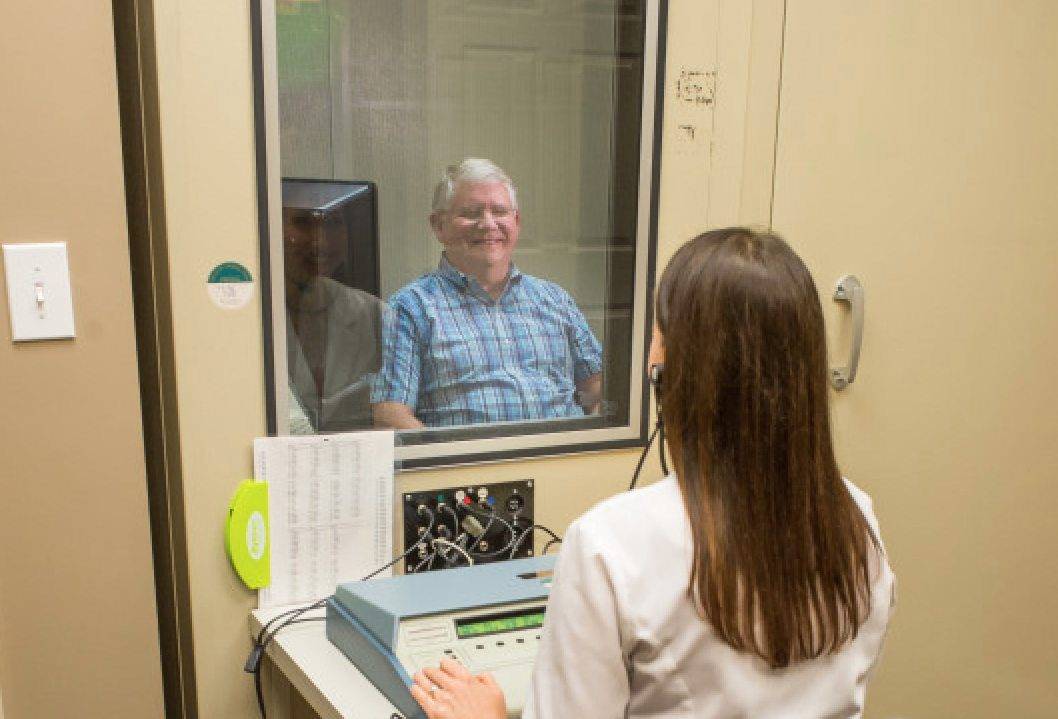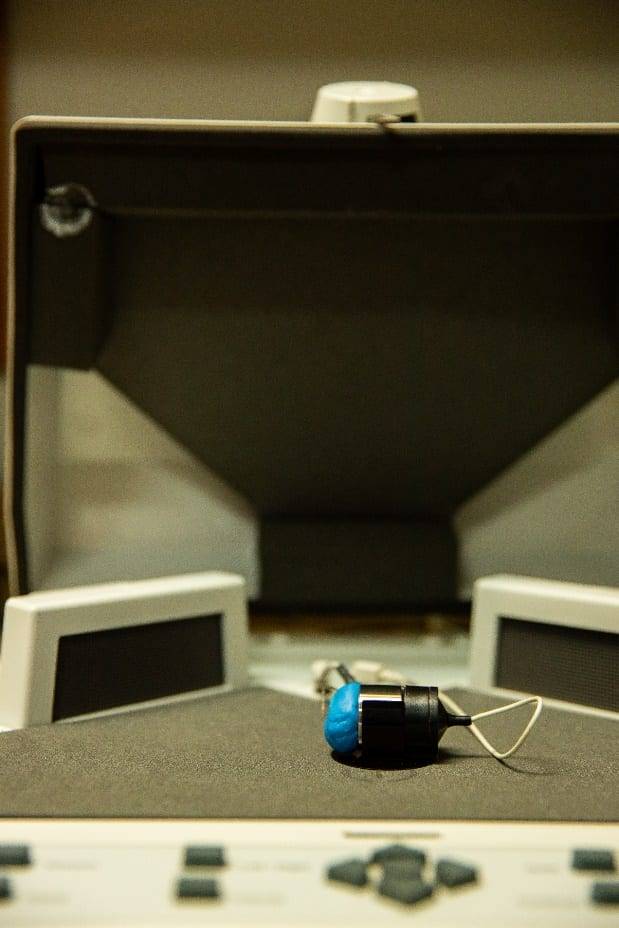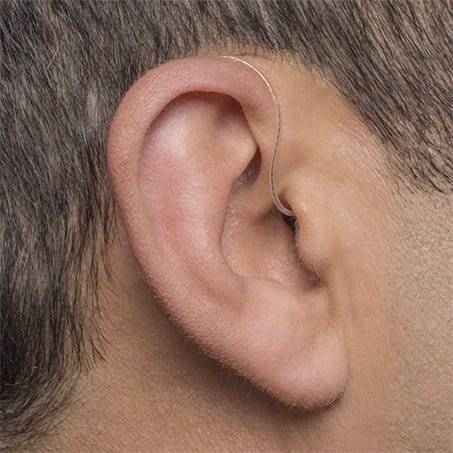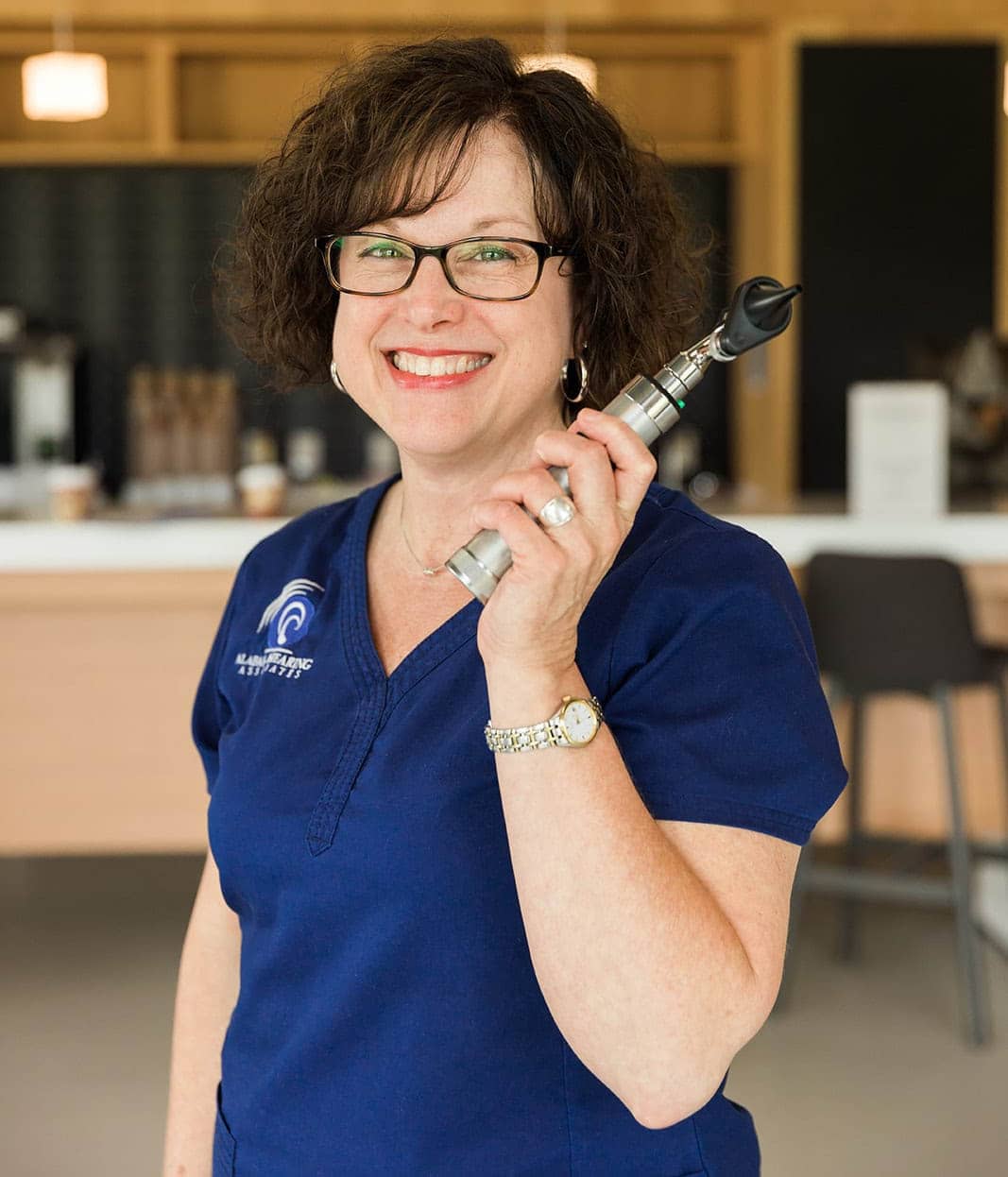Audiology Services

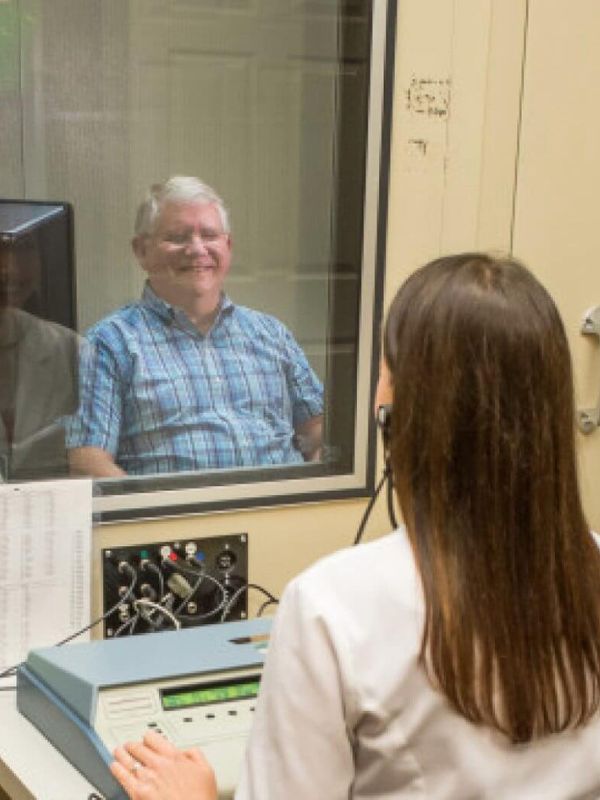
Hearing Test
Which hearing test is the best?
Can I test my own hearing?
The bottom line is that diagnosing hearing loss is complex, and is best done at an audiology office where trained hearing professionals can provide you with a thorough evaluation, and advise you on the right treatment plan for your hearing needs.
Are online hearing tests any good?
Tinnitus Evaluations
Should I go to an audiologist for tinnitus?
Is tinnitus a brain problem?
What happens if tinnitus is not treated?

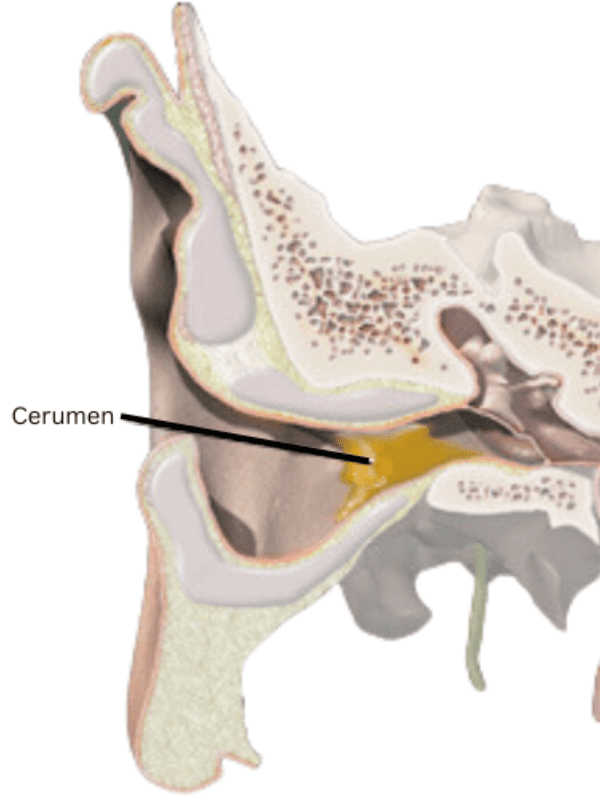
Ear Wax Removal
What is the best way to remove ear wax?
If, however, earwax over accumulates, it can cause a blockage, which may impact your hearing. A trained audiologist can assist by evaluating your ear and safely removing the earwax with the proper tools to ensure that the earwax is removed, and not pushed farther into the ear canal. If you think you have an earwax blockage, make an appointment with us at Alabama Hearing Associates for proper treatment!
Do ear candles work?
What does dark brown ear wax mean?
Real Ear Measurement
Are real-ear measurements necessary?
How long does real ear measurement take?
Which instrument can be used for REM measurement?
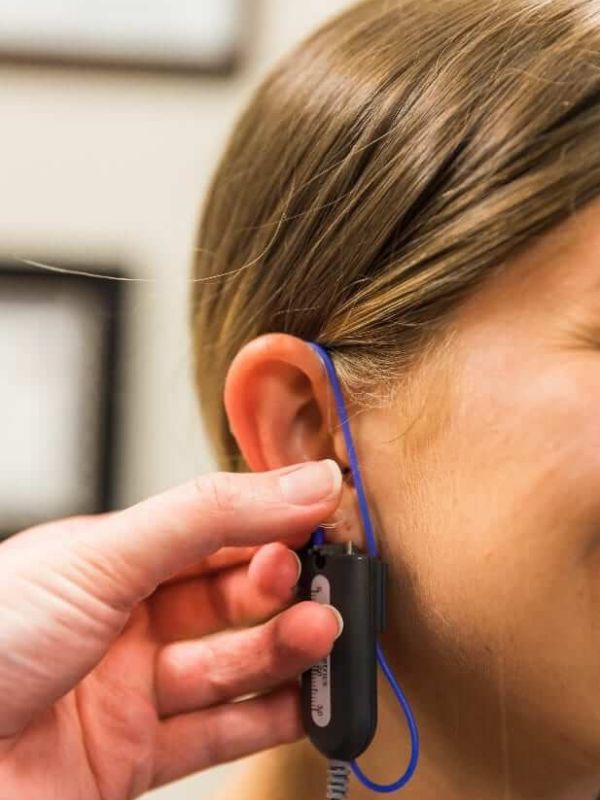
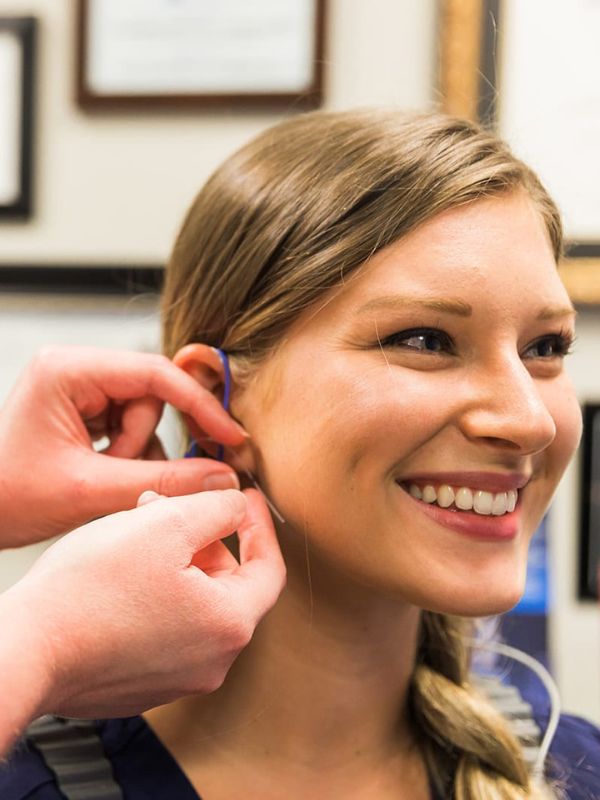
Hearing Aid Fitting
How long does it take to get fitted for a hearing aid?
How does an audiologist fit a hearing aid?
At Alabama Hearing Associates, our audiologists use real ear measurement (REM) to fit your new hearing aids. Not every audiology practice completes this process, but they should, as it is the best practice to ensure long-term hearing aid satisfaction.
Utilizing a probe microphone, our audiologists make measurements with your hearing aid in place and then compare the results to specific targets. Incremental changes are made to the programming of your hearing aid, so that the sounds you hear are comfortable when soft, medium, and loud. Using REM allows us to know that your hearing aids are programmed properly for your unique hearing loss.
Can you get a hearing aid without a test?
Hearing Aid Batteries
What is the 5-minute rule for hearing aid batteries?
How long does a battery last on a hearing aid?
What is the 5-minute rule for hearing aid batteries? How long does a battery last on a hearing aid? Why are my hearing aid batteries dying so fast?
- Do not remove the tab from the battery until you are ready to install the battery in the hearing aid. Once it is removed, wait 5 minutes, and then place it in the hearing aid.
- Avoid storing your hearing aids or batteries in a bathroom, as the moisture can reduce battery life.
- Open the battery door when you are not using your hearing aid to allow any moisture to escape.
- Minimize your use of external accessories – such as streaming – directly to your hearing aids.
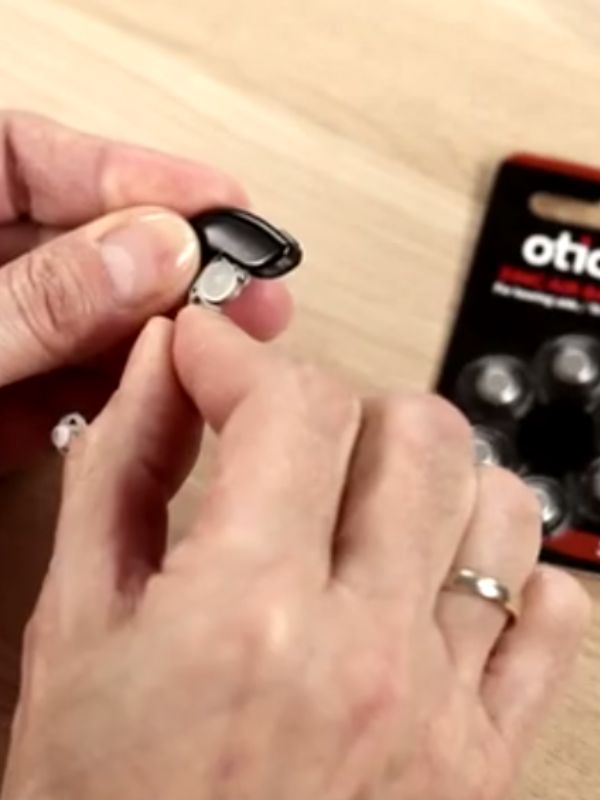
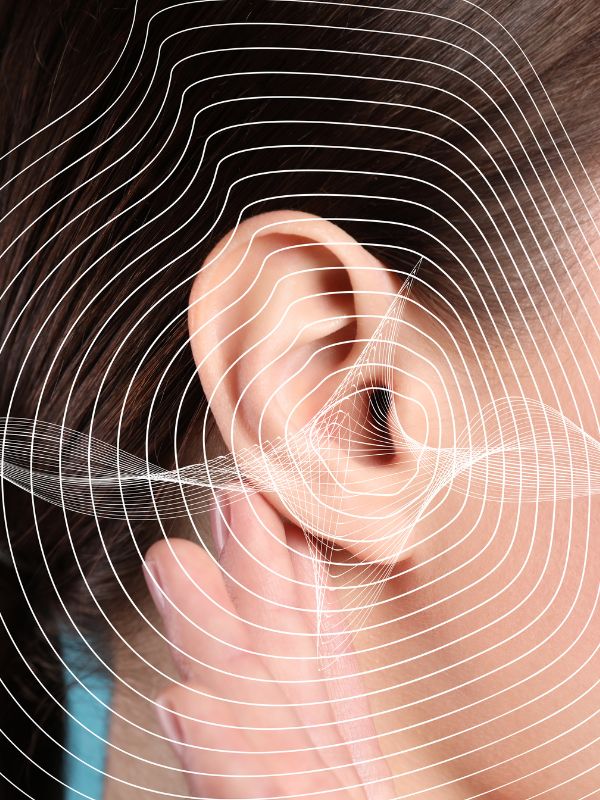
Auditory Processing Disorder Treatment
How can auditory processing be improved?
Does medication help auditory processing?
How do they fix auditory processing disorder in adults?
Sensorineural Hearing Loss Treatment
Can sensorineural hearing loss be corrected?
Will sensorineural hearing loss get worse over time?
While sensorineural hearing loss that is caused by loud noise exposure or medication is also permanent, it may be possible to prevent further decline. Checking in with your physician about changing medications, or consulting with our audiologists at Alabama Hearing Associates about utilizing hearing protection can help you preserve the hearing you have.
How do you prevent further sensorineural hearing loss?
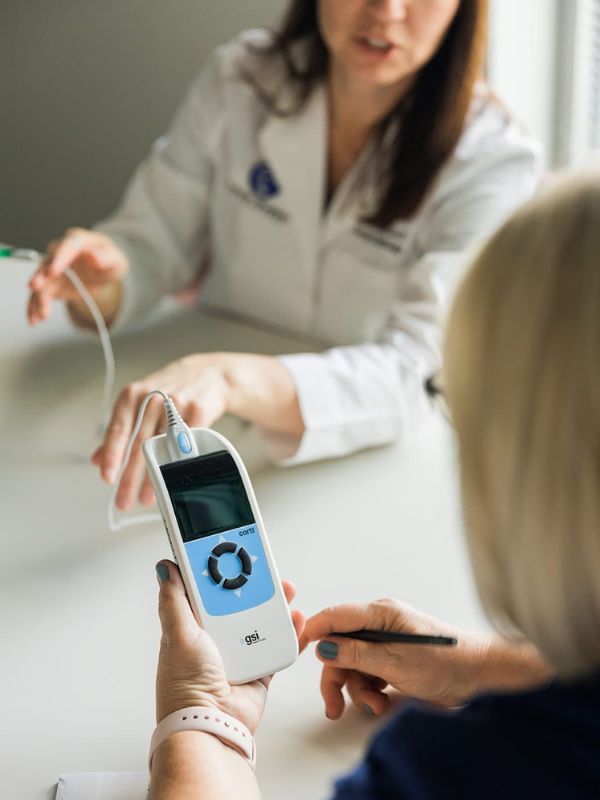
It is often the small things that hold us back from making a decision. That’s why we are on hand to help.
Simply complete the Callback form to request a friendly, no-obligation conversation with one of our helpful team members.
Don’t want to wait? Call us at: (256) 319-4327

